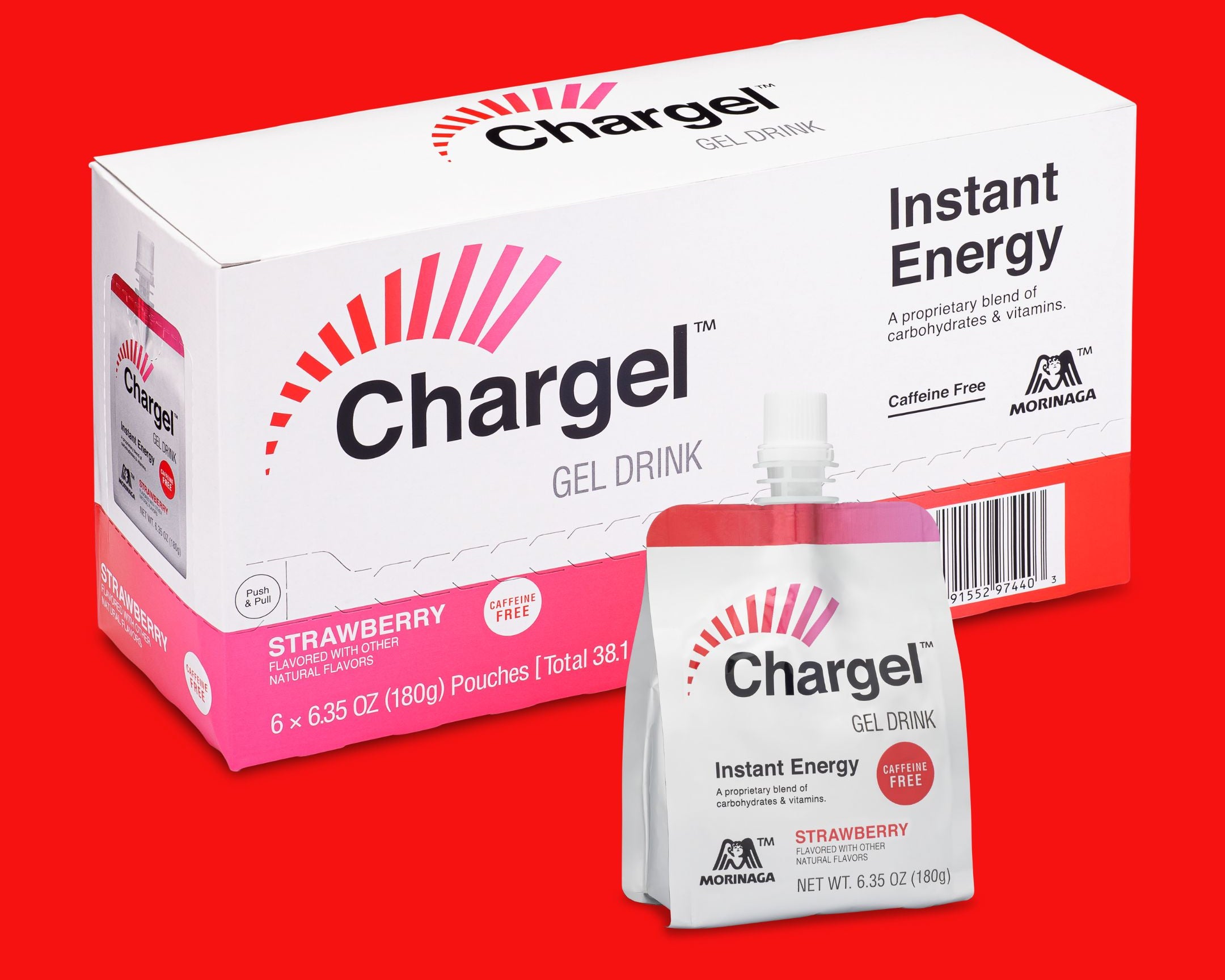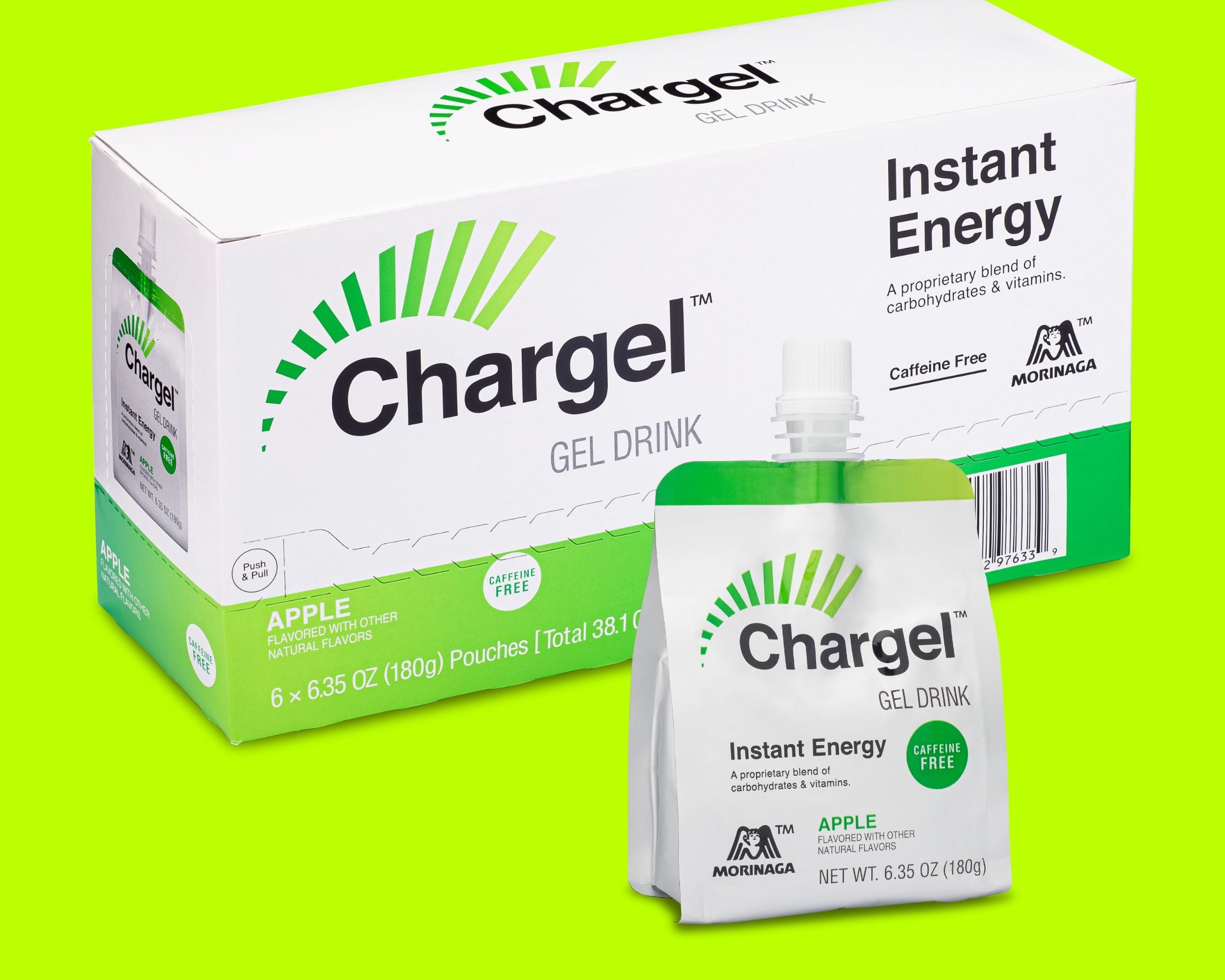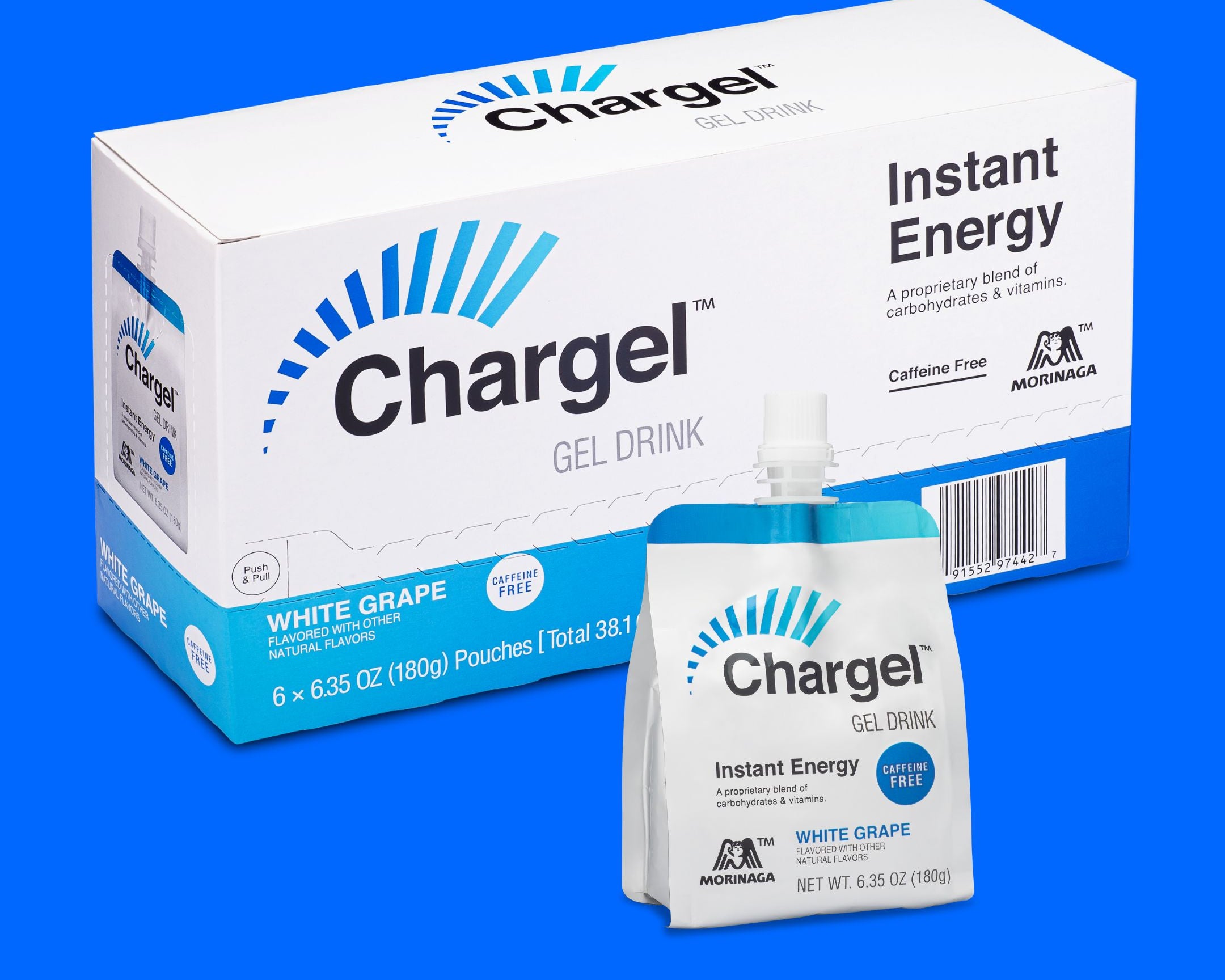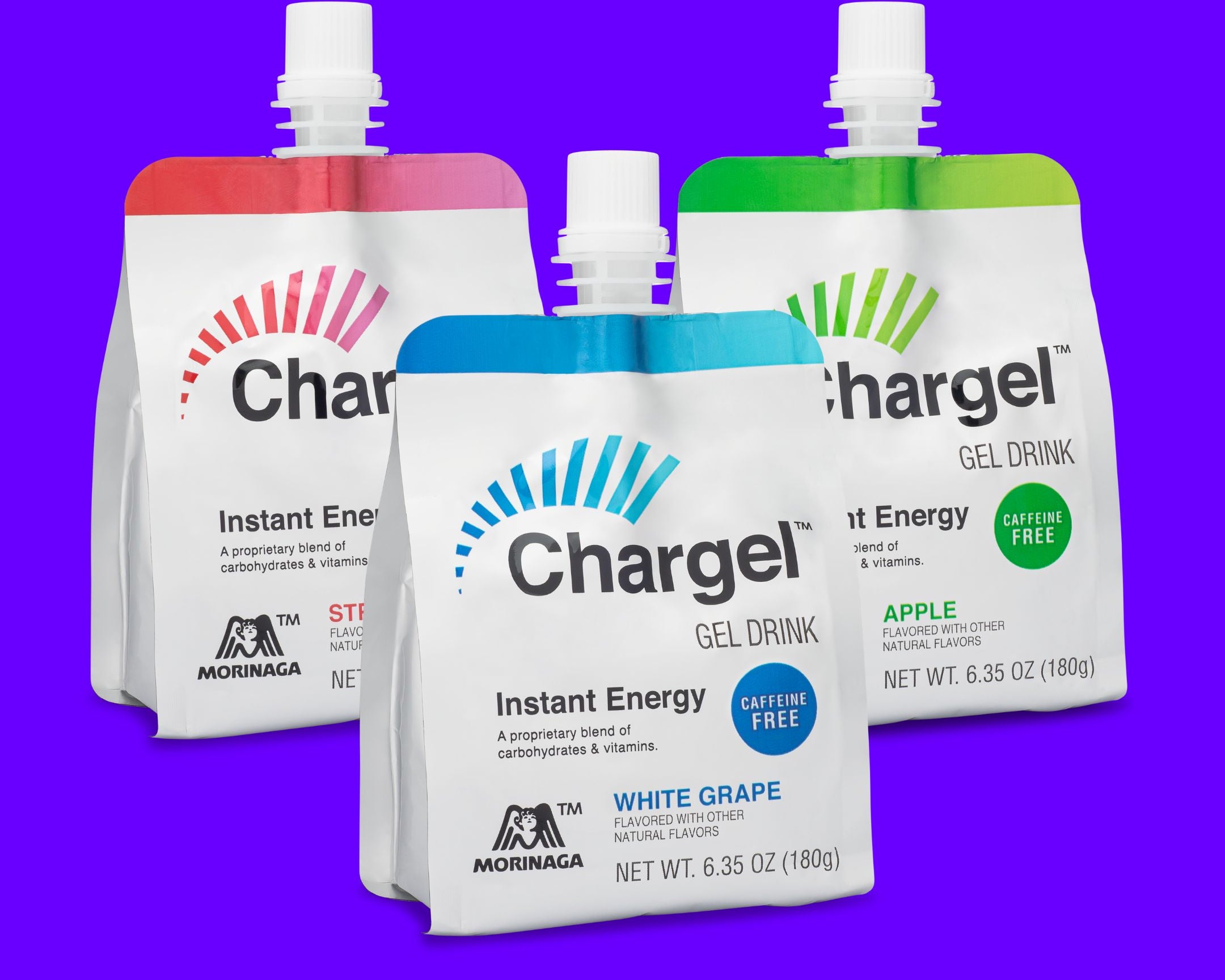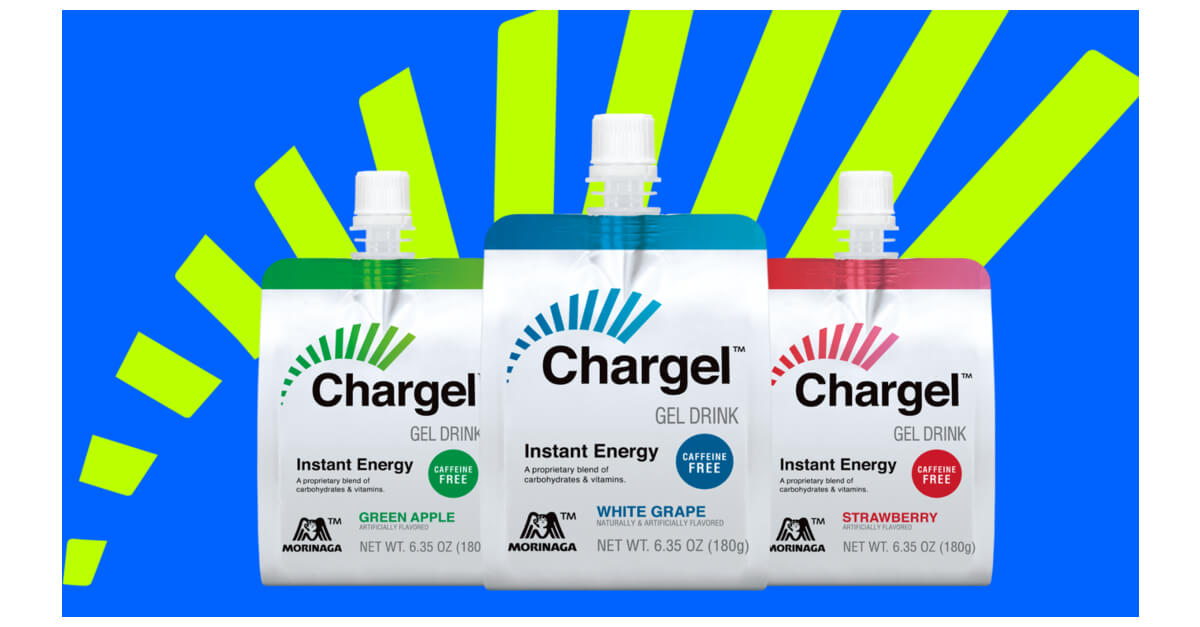Build a Strong Foundation in Training
Nutrition plays a pivotal role in supporting consistent training gains as well as the success of a runner’s race day performance. Whether they are a seasoned pro or recreationally active person, building a strong foundation with high quality nutritious eating patterns will pave the way for optimal health and performance. Check out these tips on how to maximize training, get faster, and stay healthy all season long.
Productive and consistent training is necessary for runners to progressively move up in mileage and speed throughout the months leading up to their race. This will allow them to be able to complete their goal mileage and time. Focusing on nutrition throughout these months will support training adaptations and staying healthy. Without proper nutrition, a runner may be bogged down by illness, injury, or not getting the most out of their training.
Eating a nutrient-dense balanced diet with foods from all the major food groups should be nutrition priority number one for runners. Eating 3 balanced meals a day will help to meet the body’s nutrient needs. Each meal should include 1-2 foods from each food group: whole grains and starchy vegetables, protein-rich foods, fat-rich foods, and fruits/non-starchy vegetables. Focusing on foods which are less processed (short ingredient list and generally found around the perimeter of the grocery store) will boost the overall nutrient (vitamins, minerals, and other beneficial nutrients) density of the runner’s diet and make sure they are staying healthy throughout training.
Example balanced meals:
Example whole grains and starchy vegetables: whole wheat bread, whole wheat pasta, potatoes, sweet potatoes, quinoa, cereal, oats, peas, corn, tortillas, rice
Example protein-rich foods: meat, seafood, Greek yogurt, low-fat cheese, milk, soy milk, tofu, soybeans, beans, lentils
Example fat-rich foods: nuts, seeds, oil, avocado, dairy
Example fruits and non-starchy vegetables: bananas, apples, grapes, berries, dark leafy greens, bell peppers, sugar snap peas, green beans, broccoli, cauliflower
Another great way to ensure athletes are getting the energy and nutrients their bodies need is to include snacks throughout the day which combine two or more of these food groups. Snack ideas include whole grain crackers with low fat cheese, fruit with nut butter, and carrot sticks with hummus.
To recap, the foundation of an athlete’s daily eating pattern should include 3 balanced meals and snacks from nutrient-dense foods. This will ensure they stay healthy and strong throughout training.

Author Profile: Kristen Arnold
Kristen Arnold MS, RDN, CSSD sports dietitian, cycling coach, Team USA Sports Director
kristen@arnoldrdn.com
IG: @sportsnutritionforwomen
